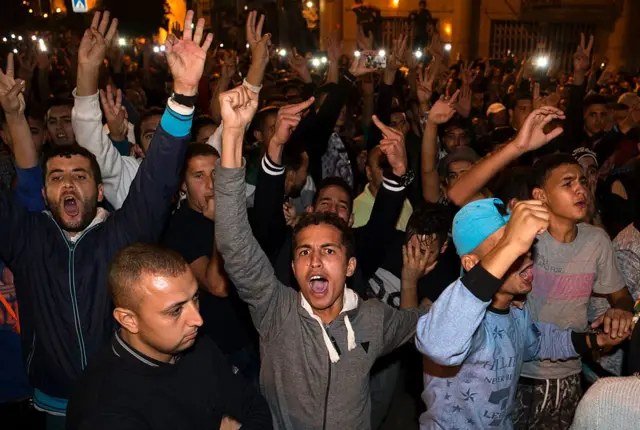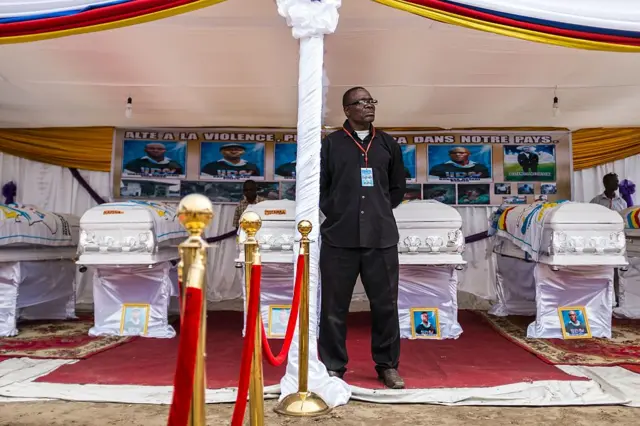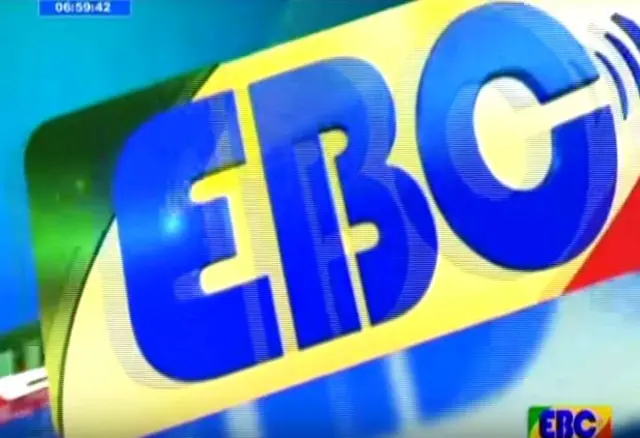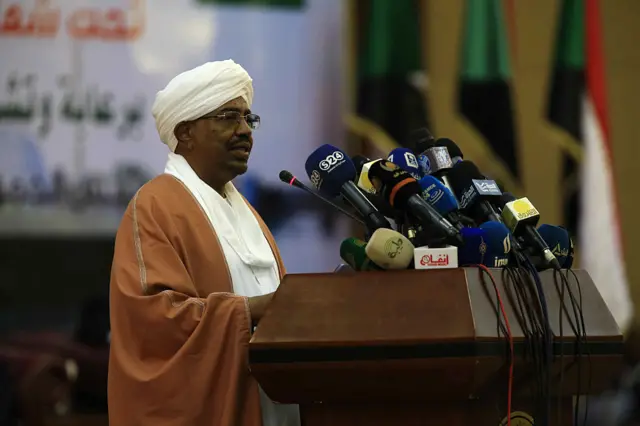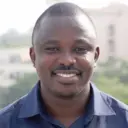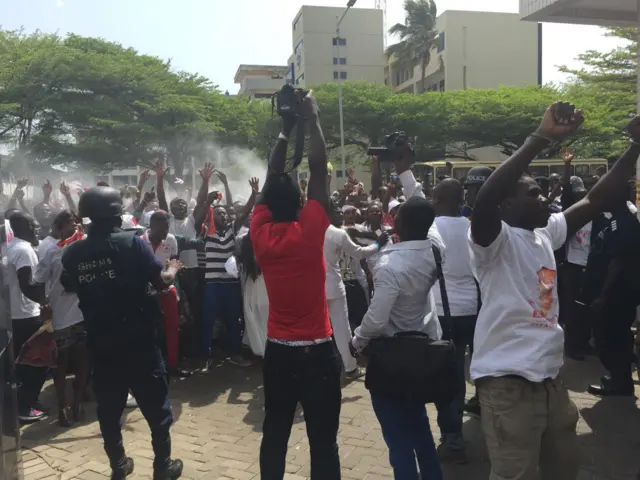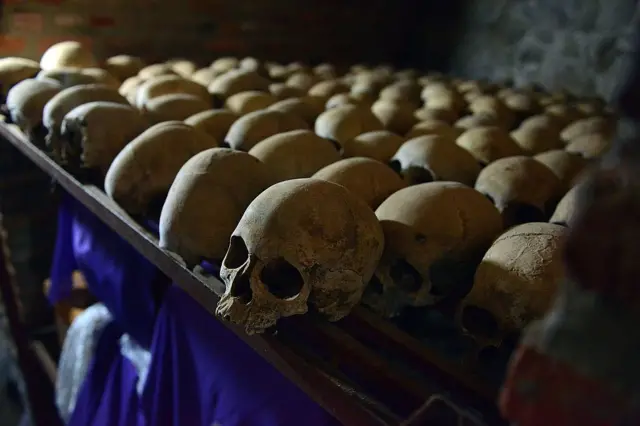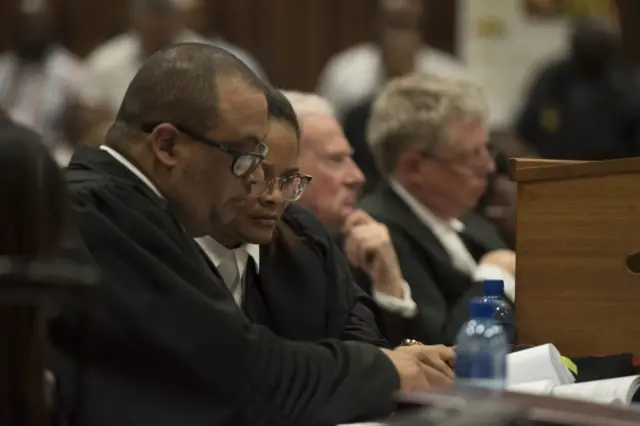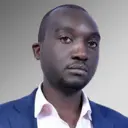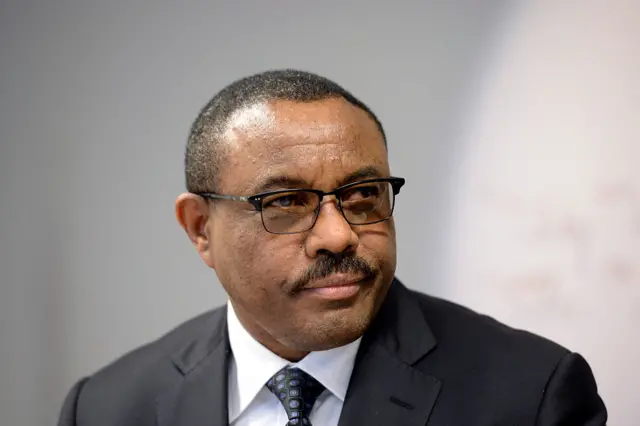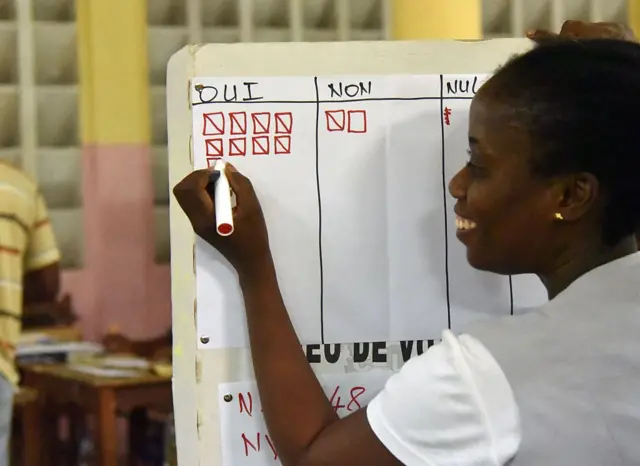Mandela foundation: 'Zuma has failed the test'published at 13:23 GMT 1 November 2016
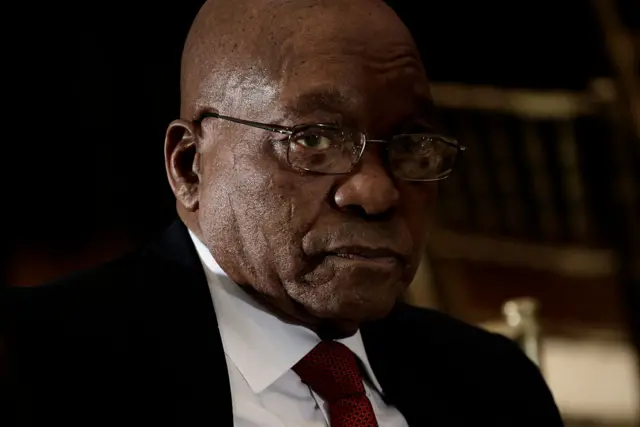 Image source, Getty Images
Image source, Getty ImagesJacob Zuma has been involved in a series of court battles over corruption allegations
The Nelson Mandela Foundation has called on the ruling African National Congress (ANC) to replace President Jacob Zuma because he has "failed the test" and weakened state institutions.
In a statement, the foundation called on the ANC to ensure that the country was placed in "safe and capable hands".
Quote MessageIt is painful for us at the Nelson Mandela Foundation to bear witness to the wheels coming off the vehicle of our state.
Quote MessageWe are reaping the results of a political trend of personalising matters of state around a single individual leader."
The foundation's criticism comes as a court is hearing a bid by President Zuma to block the release of a report by former anti-corruption tsar Thuli Madonsela.
It also criticised the government's handling of the protests at universities, sparked by its proposal to raise tuition fees by up to 8% in 2017, saying the institutions were being brought "to their knees".
Quote MessageThis is not sustainable for any education system. The potential collapse of universities will damage our democracy to its core.
The criticism also comes a day after National Prosecuting Authority dropped fraud charges, which were seen as politically motivated, against Finance Minister Pravin Gordhan.
The foundation which was set up in 1999 to promote the ideas of Nelson Mandela, South Africa's first black president and anti-apartheid revolutionary who died in 2013.
